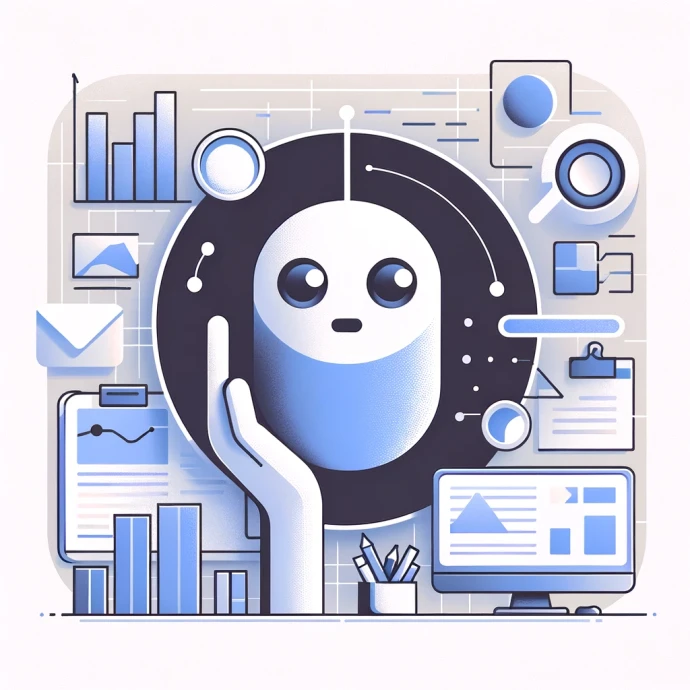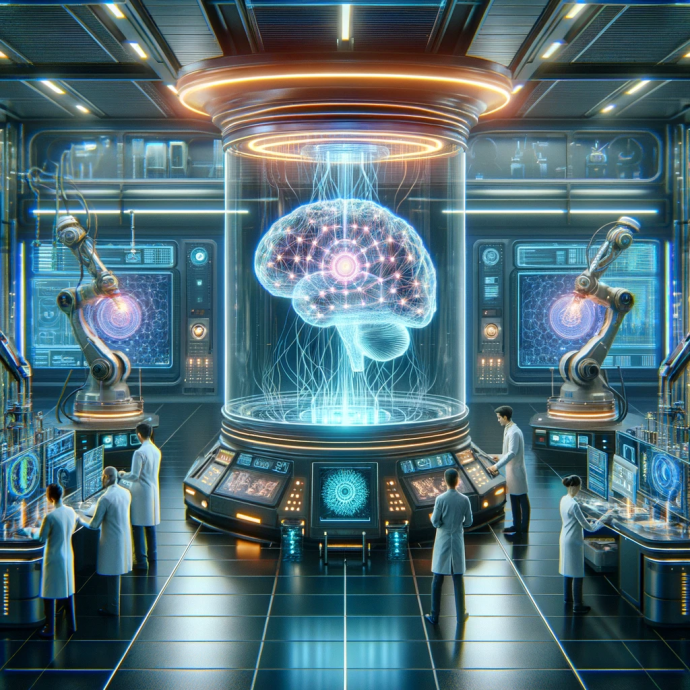ChatGPT Helps and Worries Business Consultants, Study Reveals

In the dynamic landscape of modern business consulting, a new player has emerged, not in the form of a person, but as a tool of unprecedented capability: ChatGPT. Its advent marks a significant shift in the paradigm of how business tasks, particularly those demanding high levels of creativity and analysis, are approached and executed. However, this transformation is not without its complexities and concerns.
The Journey Into Understanding the Real-World Implications of ChatGPT

The journey into understanding the real-world implications of ChatGPT in the consulting realm began in earnest last spring, led by Dr. Karim Lakhani, a visionary professor at Harvard Business School. Dr. Lakhani, intrigued by the potential of this linguistic bot, embarked on a preliminary exploration with a small group of elite consultants. The initial results were nothing short of spectacular: tasks that would typically consume two hours were being completed in a mere 20 minutes. This efficiency leap was expected to be met with enthusiasm, but the reaction was more nuanced than anticipated.
The consultants, though impressed by the accelerated pace and enhanced quality of their work, were simultaneously gripped by an undercurrent of unease. This disquiet stemmed from a profound sense of threat to their professional identity, as these high-skilled workers began to question the implications of relying heavily on an AI tool. Dr. Lakhani observed that while they recognized the benefits, there was a palpable fear that overdependence on ChatGPT might lead to a form of intellectual complacency, akin to indulging in "empty calories for their brain."
Driven by these preliminary findings, Dr. Lakhani and his team designed a more extensive, controlled experiment, encompassing over 750 white-collar workers. The study, currently under peer review, revealed a dichotomy in the impact of ChatGPT. On one hand, it significantly enhanced the speed and quality of creative tasks, like brainstorming for innovative products. Yet, on the analytical front, the tool often misled consultants, leading to a higher rate of errors compared to traditional methods.
Emotional and Psychological Aspects of Using AI

The study, one of the first of its kind, also delved into the emotional and psychological responses of the participants towards ChatGPT. The range of emotions was vast, from awe to apprehension. One participant likened the tool to the mythical fire stolen by Prometheus, a boon with far-reaching consequences. Another drew a parallel to junk food – irresistible, easy to consume, but potentially detrimental in the long run.
Experts outside the study, like Maryam Alavi from the Scheller College of Business, lauded the research design and acknowledged the need for further investigation into the effects of such technologies on professional workspaces. The study not only highlighted the capabilities of ChatGPT but also opened a Pandora's box of ethical, psychological, and professional implications that accompany such disruptive technologies.
The experiment, conducted in collaboration with Boston Consulting Group, involved a diverse set of tasks. Participants, divided into groups, tackled different management consulting challenges, with some using ChatGPT and others not. The results were telling. In creative tasks, such as developing a business plan for a novel type of shoe, ChatGPT users outperformed their peers, with their work rated significantly higher by independent evaluators. This finding challenged the long-held belief that creativity was an exclusively human domain.
Another Side of AI Experiment

However, the picture was starkly different when it came to analytical tasks that required deep reasoning and data interpretation. Here, reliance on ChatGPT proved to be a double-edged sword. Users, seduced by the tool's polished outputs, often overlooked critical errors, leading to a lower accuracy rate compared to those who did not use the tool. This overreliance and uncritical acceptance of AI-generated content raised serious concerns about the potential erosion of critical thinking skills among professionals.
Post-experiment interviews revealed a profound impact on the consultants' perception of their role and future in the industry. The looming prospect of AI tools like ChatGPT redefining the essence of their work evoked a sense of professional existential crisis. Nearly three-quarters of the participants expressed apprehension that continual use of ChatGPT might lead to the atrophy of their creative abilities, a core component of their professional identity.
As Dr. Ethan Mollick, a co-author from the Wharton School, succinctly put it, the true measure of understanding the impact of ChatGPT comes from experiencing it. It's in this usage that one confronts the broader existential questions it raises about the future of professional work and identity in an AI-augmented world.
In conclusion
The study by Dr. Lakhani and his colleagues serves as a critical beacon, illuminating the path ahead as we navigate the uncharted waters of integrating AI tools like ChatGPT into professional environments. It underscores the need for a balanced approach, where the benefits of enhanced efficiency and creativity are harmonized with the preservation of critical thinking skills and professional identity. As we stand at this crossroads, the decisions made today will shape the landscape of professional work for years to come, making this journey one of cautious optimism and introspective deliberation.














Comments . 0